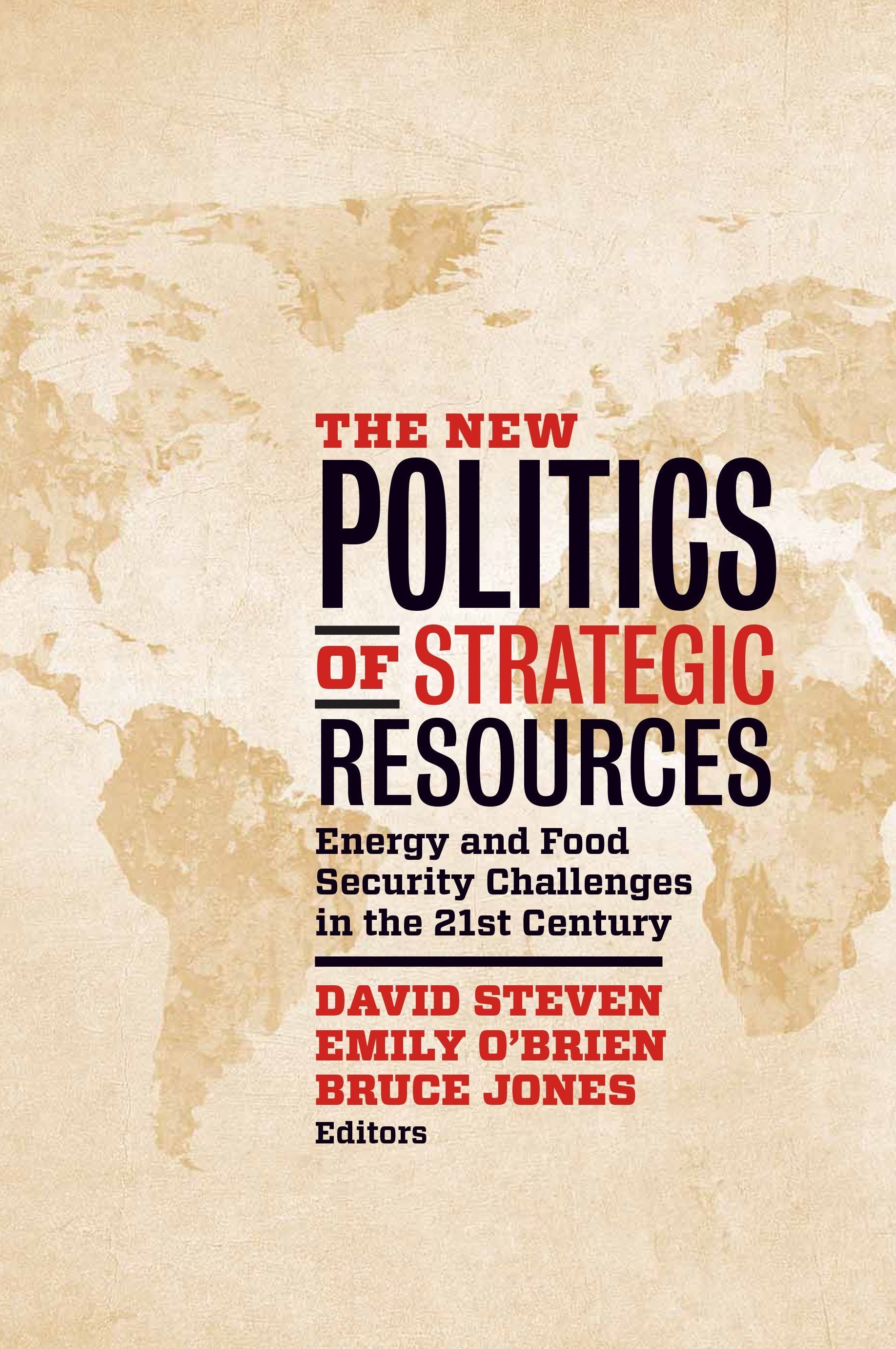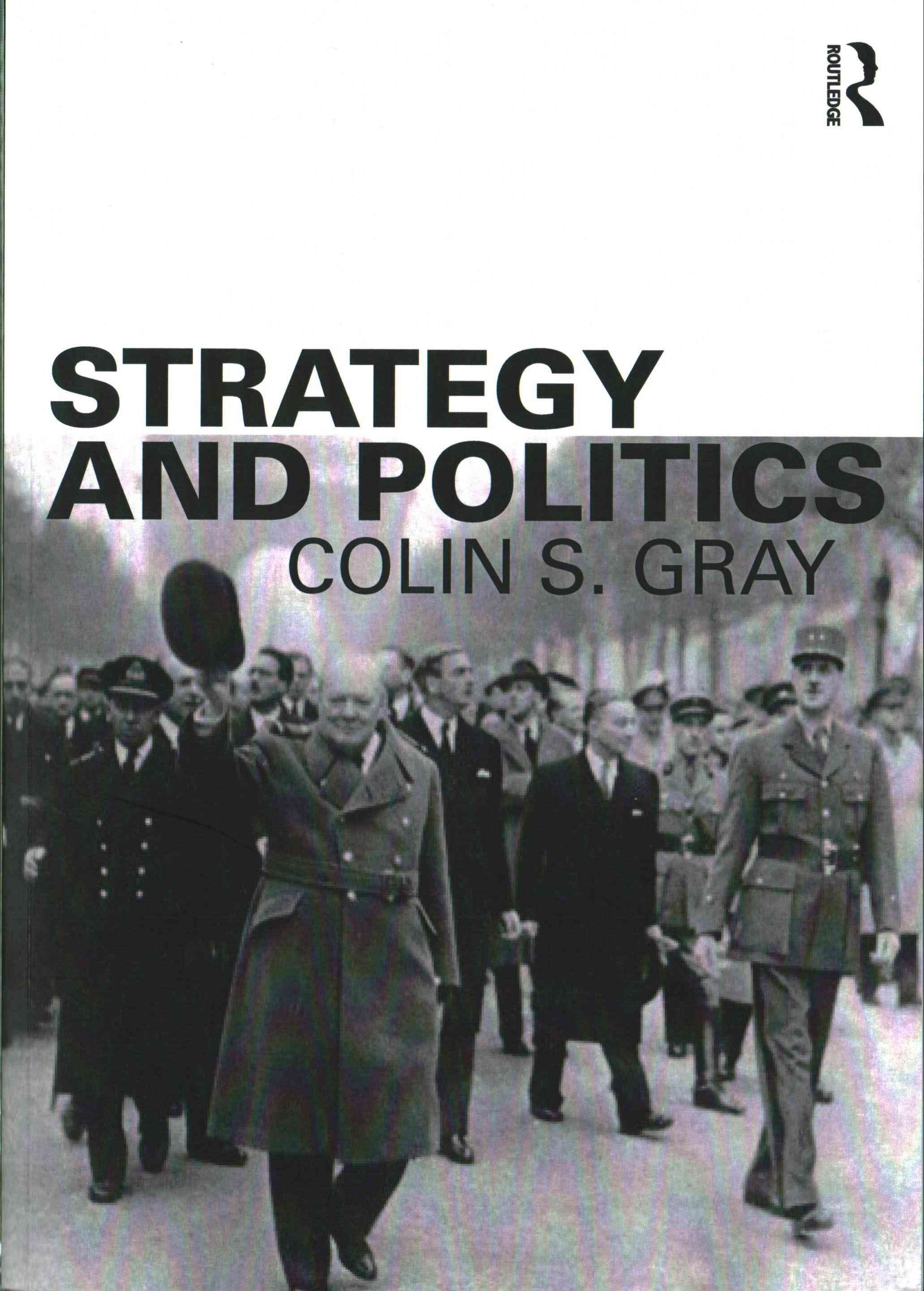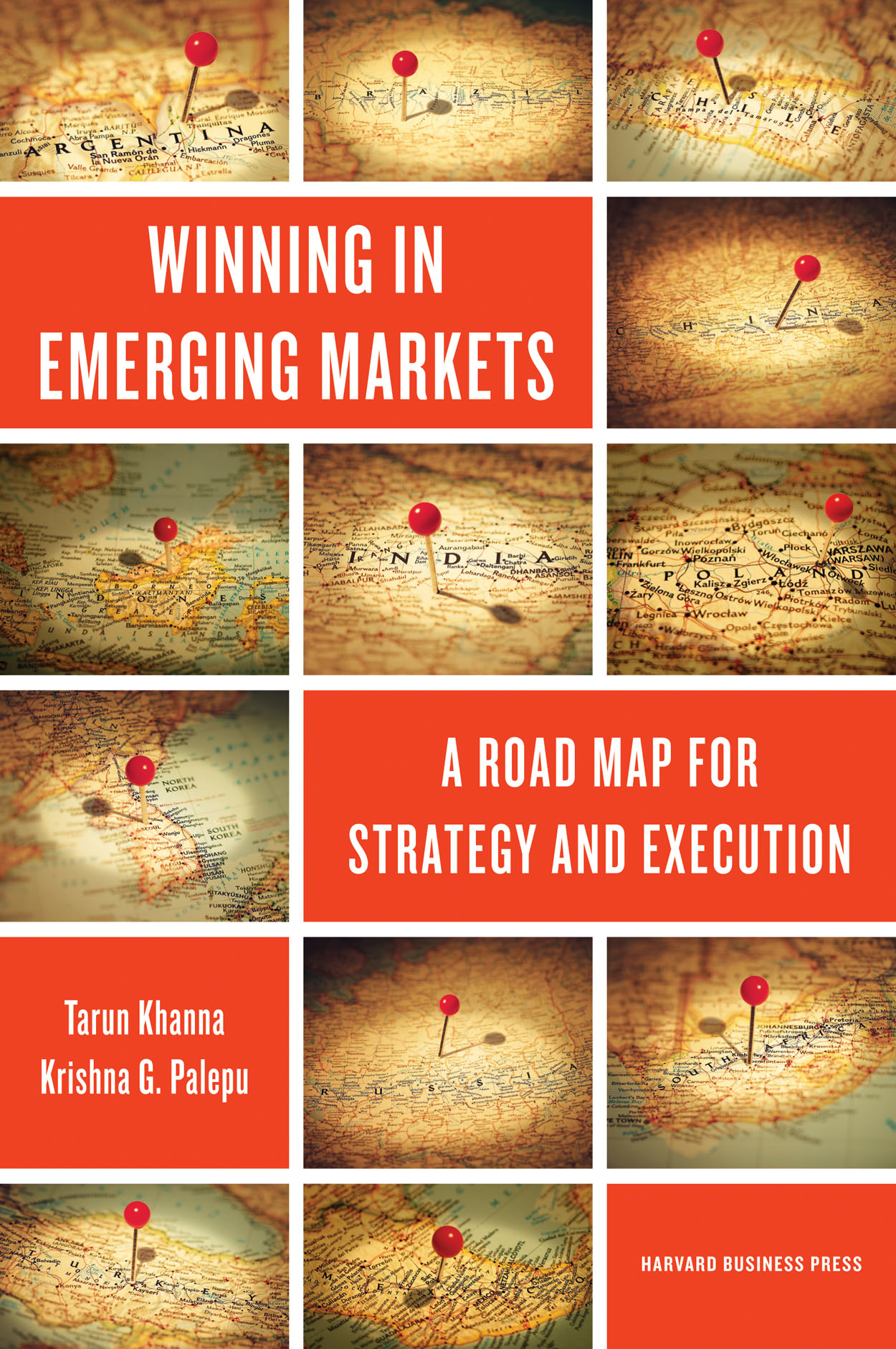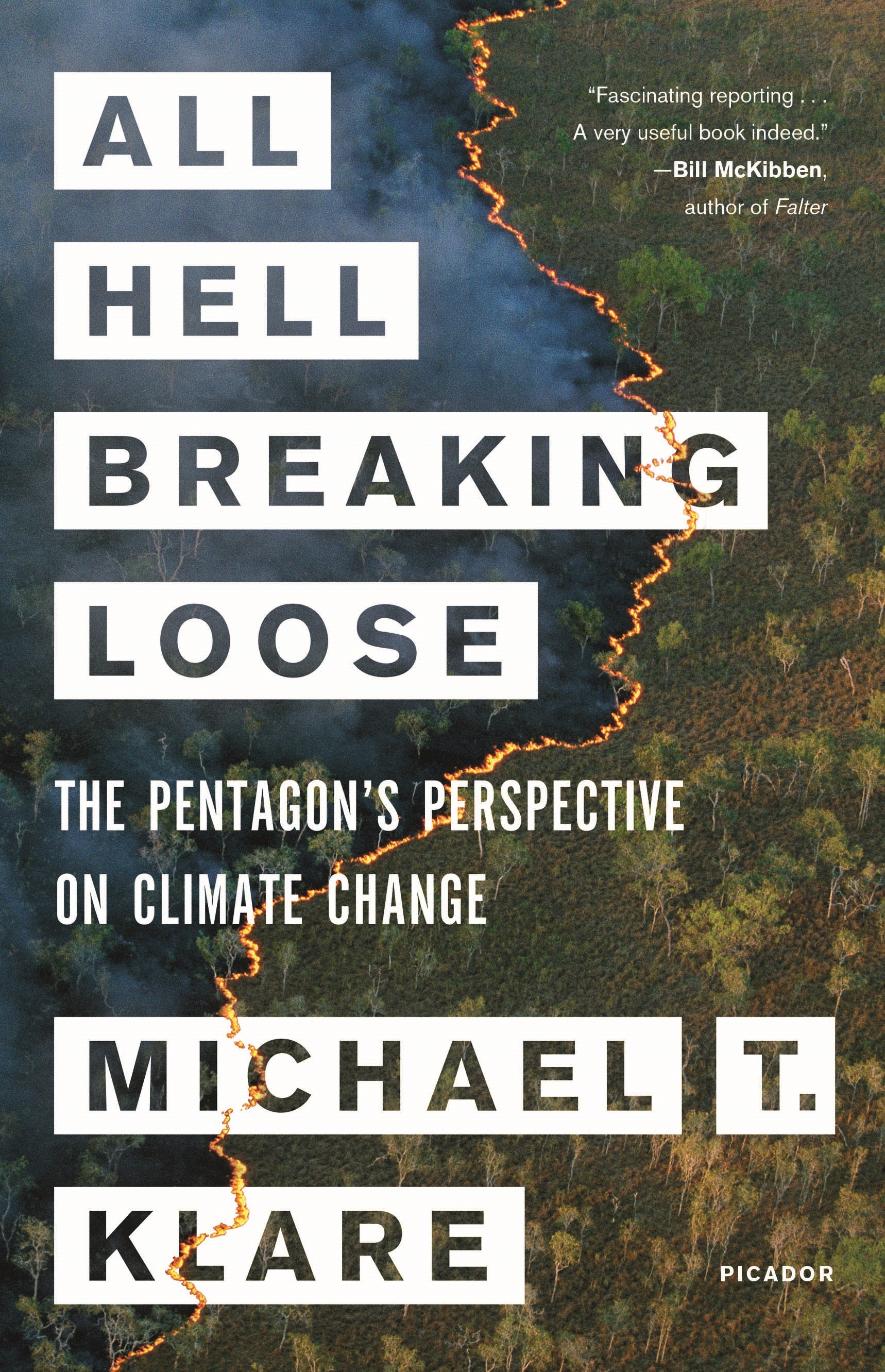William J. Perry and Ashton B. Carter, two of the world’s foremost defense authorities, draw on their experience as leaders of the U.S. Defense Department to propose a new American security strategy for the twenty-first century. After a century in which aggression had to be defeated in two world wars and then deterred through a prolonged cold war, the authors argue for a strategy centered on prevention. Now that the cold war is over, it is necessary to rethink the risks to U.S. security. The A list–threats to U.S. survival–is empty today. The B list–the two major regional contingencies in the Persian Gulf and on the Korean peninsula that dominate Pentagon planning and budgeting–pose imminent threats to U.S. interests but not to survival. And the C list–such headline-grabbing places as Kosovo, Bosnia, Somalia, Rwanda, and Haiti–includes important contingencies that indirectly affect U.S. security but do not directly threaten U.S. interests. Thus the United States is enjoying a period of unprecedented peace and influence; but foreign policy and defense leaders cannot afford to be complacent. The authors’ preventive defense strategy concentrates on the dangers that, if mismanaged, have the potential to grow into true A-list threats to U.S. survival in the next century. These include Weimar Russia: failure to establish a self-respecting place for the new Russia in the post-cold war world, allowing it to descend into chaos, isolation, and aggression as Germany did after World War I; Loose Nukes: failure to reduce and secure the deadly legacy of the cold war–nuclear, chemical, and biological weapons in Russia and the rest of the former Soviet Union; A Rising China Turned Hostile: failure to shape China’s rise to Asian superpower status so that it emerges as a partner rather than an adversary; Proliferation: spread of weapons of mass destruction; and Catastrophic Terrorism: increase in the scope and intensity of transnational terrorism.They also argue for bette …|Books|https://wordery.com/jackets/0943e20c/preventive-defense-ashton-b-carter-9780815713074.jpg|9780815713074|Preventive Defense : Paperback : Brookings Institution : 9780815713074 : 01 Sep 2000 : William J. Perry and Ashton B. Carter, two of the world’s foremost defense authorities, draw on their experience as leaders of the U.S. Defense Department to propos …|new|1|1|28|21.95|0|GBP|Ashton B. Carter|Brookings Institution|01 Sep 2000|Warfare & defence books 9780815725336|The New Politics of Strategic Resources|30.69|https://wordery.com/the-new-politics-of-strategic-resources-david-steven-9780815725336|Since 2008, energy and food markets-those most fundamental to human existence-have remained in turmoil. Resource scarcity has had a much bigger global impact in recent years than has been predicted, with ongoing volatility a sign that the world is only part-way through navigating a treacherous transition in the way it uses resources. Scarcity, and perceptions of scarcity, increase political risks, while geopolitical turmoil exacerbates shortages and complicates the search for solutions. The New Politics of Strategic Resources examines the political dimensions of strategic resource challenges at the domestic and international levels. For better or worse, energy and food markets are shaped by perceptions of national interest and do not behave as traditional market goods. So while markets are an essential part of any response to tighter resource supplies, governments also will play a key role. David Steven, Emily O’Brien, Bruce Jones, and their colleagues discuss what those roles are and what they should be. The architecture for coordinating multilateral responses to these dynamics has fallen short, raising questions about the effective international management of these issues. Politics impede here too, as the major powers must negotiate political and security trade-offs to cooperate on the design of more robust international regimes and mechanisms for resource security and the provision of global public goods. This timely volume includes chapters on major powers (United States, India, China) and key suppliers (Russia, Saudi Arabia). The contributors also address thematic topics, such as the interaction between oil and state fragility; the changing political dynamics of climate change; and the politics of resource subsidies. "












